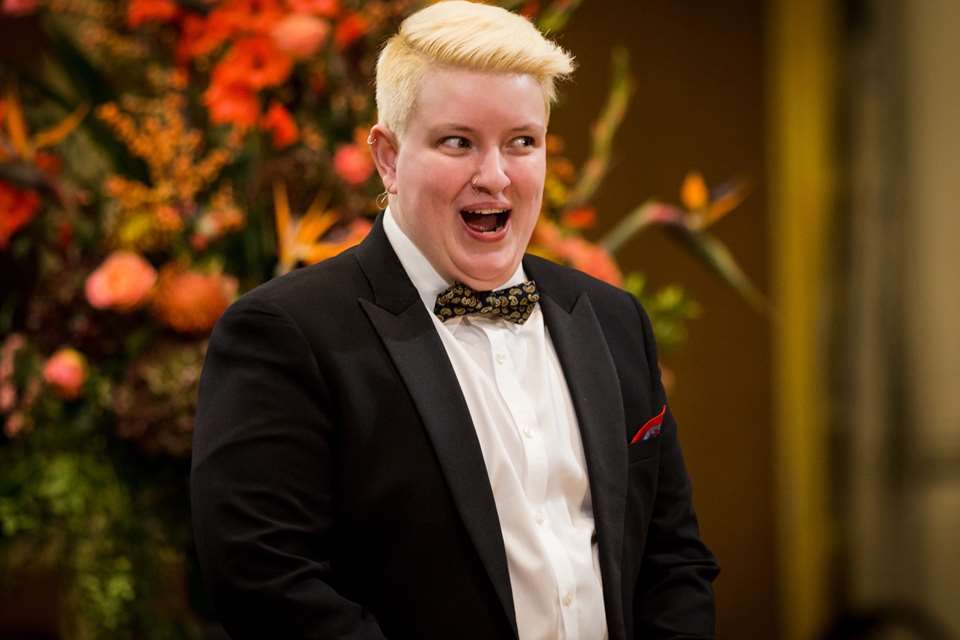Holden Madagame on testosterone, transitioning and the art of patience
Holden Madagame
Thursday, February 1, 2024
American tenor Holden Madagame is set to make history this week when he takes the stage as the first ever transgender person to sing Mime in a production of Siegfried. Here he looks back at the effect transitioning while pursuing a career in music had on his voice and explores his new position as a trans role model in opera


Register now to continue reading
Don’t miss out on our dedicated coverage of the classical music world. Register today to enjoy the following benefits:
- Unlimited access to news pages
- Free weekly email newsletter
- Free access to two subscriber-only articles per month

